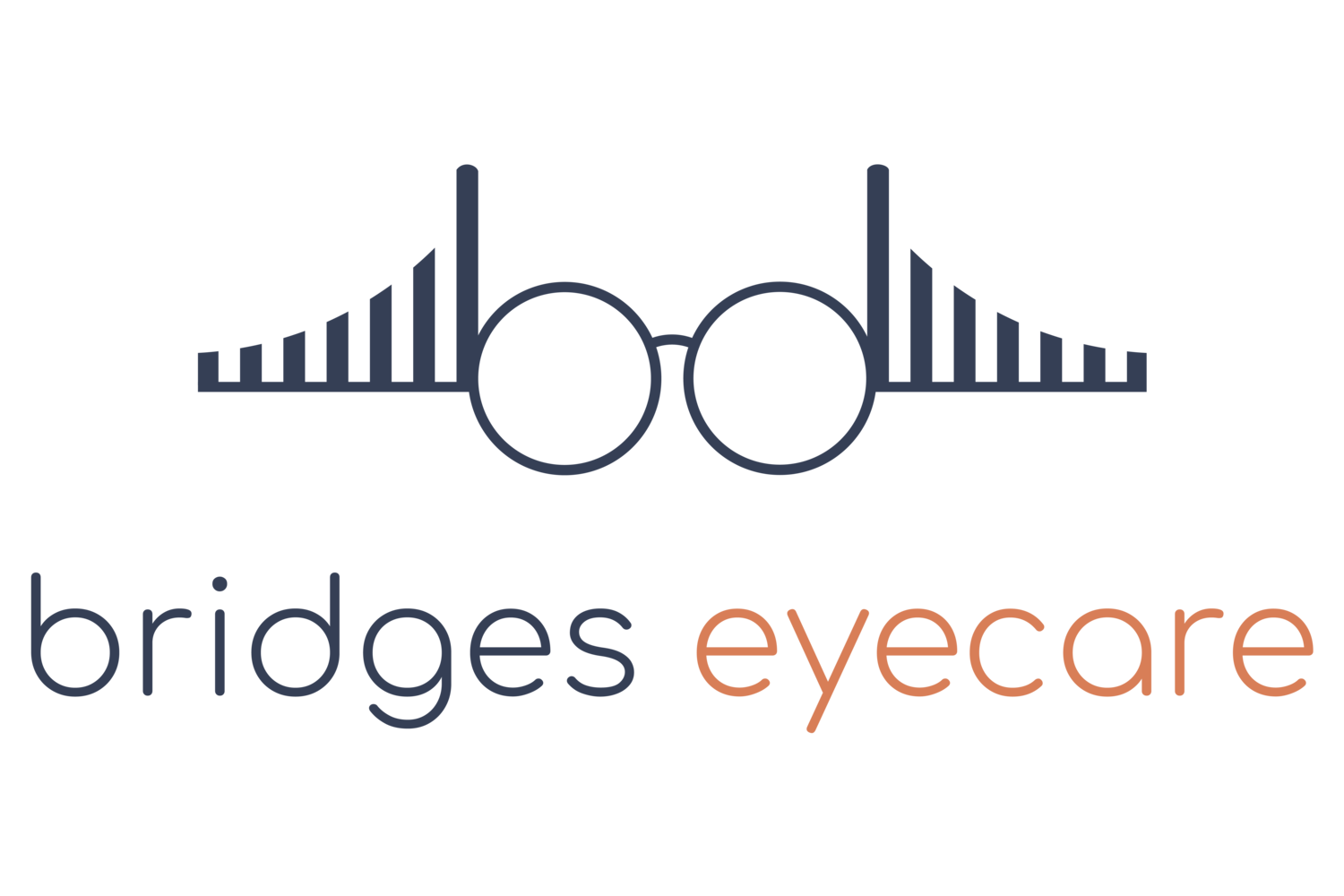Myopia Control
Dr. Lingad is a certified myopia control specialist in Long Island City, Queens!
About 1 in 4 parent in the US has a child with myopia. In the last 20 years, the prevalence of myopia has doubled, and it is estimated that 50% of the world’s population will be myopic by the year 2050.
In nearsightedness, distance vision is blurry because the eyeball is either too long, or because the cornea is too curved.
What Causes Myopia?
Family history plays a large role in the development of myopia. If both parents are nearsighted, there is a 4x risk for their child to become nearsighted.
There is also a correlation between worsening myopia and deficiency in outdoor/sunlight exposure. We encourage children to spend about 45 minutes a day outdoors.
Although some studies suggest it, It is still not truly understood if increased near work or screen time worsens myopia.
What’s The Big Deal?
A single diopter increase in myopia (-2.00 to -3.00) increases the risk of developing macular degeneration or vision loss by 67%.
Also, the higher the prescription, the more dependent your child will become to their glasses: With a mild prescription, he/she may only needed the glasses to see the board at the end of the classroom. With a high prescription your child will be needing them to discern a face just 1-2 feet away.
Finally, higher prescription will require thicker lenses.
Myopia Control Treatments Offered At Bridges Eyecare
Atropine Eye Drops
These drops are only instilled once a day and have been proven to reduce the rate of myopia progression. At only 0.01%, these drops do not cause blur or light sensitivity. Atropine use for myopia control is an off-label treatment.
Multifocal Contact Lenses
According to a study funded by the NIH (National Institutes of Health), children wearing multifocal contact lenses had slower progression of their myopia.
Ortho-K
Dr. Wilzen Lingad is a certified provider for the Paragon CRT contact lenses. These are custom contact lenses that your child only has to wear at night. They provide clear uncorrected vision during the day (without glasses or contacts)! This can be of great benefit if your child is into sports or if you are concerned about contact lens care outside of your home. Ortho-K lenses also slow down the progression of myopia.
Can Under-correcting My Child’s Glasses Stop Their Prescription From Worsening?
To answer this question, a 2-year study was conducted in at the Anglia Polytechnic University in Cambridge, England. The researcher had to stop his experiment after he discovered that under-correcting myopia actually increased the myopia.
In summary, your optometrist should not under-correct your child’s glasses to slow down the progression of myopia. If anything, under-correction worsens the progression.
What Can I Do Today To Slow Myopia Progression
Encourage more outdoor time, and make sure your child is wearing their most up to date eyeglass prescription.
Find more information on MyMyopia and the American Academy of Ophthalmology.

